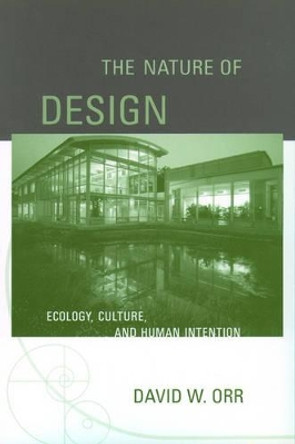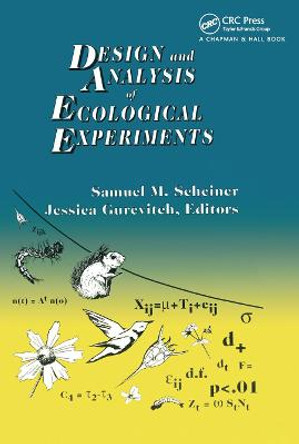Description
Here is a book that challenges the very basis of the way psychologists have studied child development. According to Urie Bronfenbrenner, one of the world's foremost developmental psychologists, laboratory studies of the child's behavior sacrifice too much in order to gain experimental control and analytic rigor. Laboratory observations, he argues, too often lead to "the science of the strange behavior of children in strange situations with strange adults for the briefest possible periods of time." To understand the way children actually develop, Bronfenbrenner believes that it will be necessary to observe their behavior in natural settings, while they are interacting with familiar adults over prolonged periods of time.
This book offers an important blueprint for constructing such a new and ecologically valid psychology of development. The blueprint includes a complete conceptual framework for analysing the layers of the environment that have a formative influence on the child. This framework is applied to a variety of settings in which children commonly develop, ranging from the pediatric ward to daycare, school, and various family configurations. The result is a rich set of hypotheses about the developmental consequences of various types of environments. Where current research bears on these hypotheses, Bronfenbrenner marshals the data to show how an ecological theory can be tested. Where no relevant data exist, he suggests new and interesting ecological experiments that might be undertaken to resolve current unknowns.
Bronfenbrenner's groundbreaking program for reform in developmental psychology is certain to be controversial. His argument flies in the face of standard psychological procedures and challenges psychology to become more relevant to the ways in which children actually develop. It is a challenge psychology can ill-afford to ignore.
About the Author
Urie Bronfenbrenner was Jacob Gould Schurman Professor Emeritus of Human Development and of Psychology at Cornell University. Michael Cole is Professor of Communication and Psychology and Director of the Laboratory of Comparative Human Cognition at the University of California, San Diego.
Reviews
The book's purpose: to offer a new theoretical perspective for research in human development. Bronfenbrenner achieves this goal superbly... The synthesis offered in this book is unique... The effect is a perspective on the field of human development that is exciting in its possibilities... This is a usable and practical book...a powerful teaching text... It conveys masterfully the mystery and excitement of scientific investigation. * Contemporary Psychology *
[The Ecology of Human Development] should generate more productive research work and more sensible thinking about family policy than we have had in the past... Bronfenbrenner is headed in exactly the right direction for directing research and guiding public action. That is an impressive accomplishment. * Psychology Today *
Bronfenbrenner's particular observations are thoughtful and provocative... [The book] provides a welcome antidote for the current spate of premature conclusions about what is and is not important in development. * Science *
Book Information
ISBN 9780674224575
Author Urie Bronfenbrenner
Format Paperback
Page Count 352
Imprint Harvard University Press
Publisher Harvard University Press
Weight(grams) 494g








